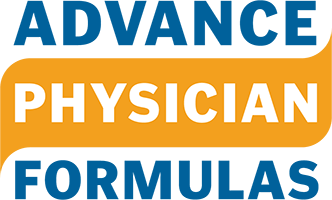
Breast cells have receptors for vitamin D, raising the possibility that the nutrient could help regulate the division and proliferation of such cells. Laura N. Anderson, a doctoral student at Cancer Care Ontario in Toronto, sought to separate out the effects of vitamin D and calcium on breast cancer risk by surveying breast cancer patients and healthy controls about their intake of food and supplements. No relationship between overall dietary vitamin D intake and breast cancer risk was found either before or after menopause; nor was there any association between overall calcium intake and risk of the disease. However, women who reported taking at least 400 international units of vitamin D every day were at 24 percent lower risk of developing breast cancer.
Comments: I am a proponent of most people, especially those who do not get daily sun exposure for a few minutes, to take 400 to 2000 units a day. See http://www.raysahelian.com/breastcancer.html

